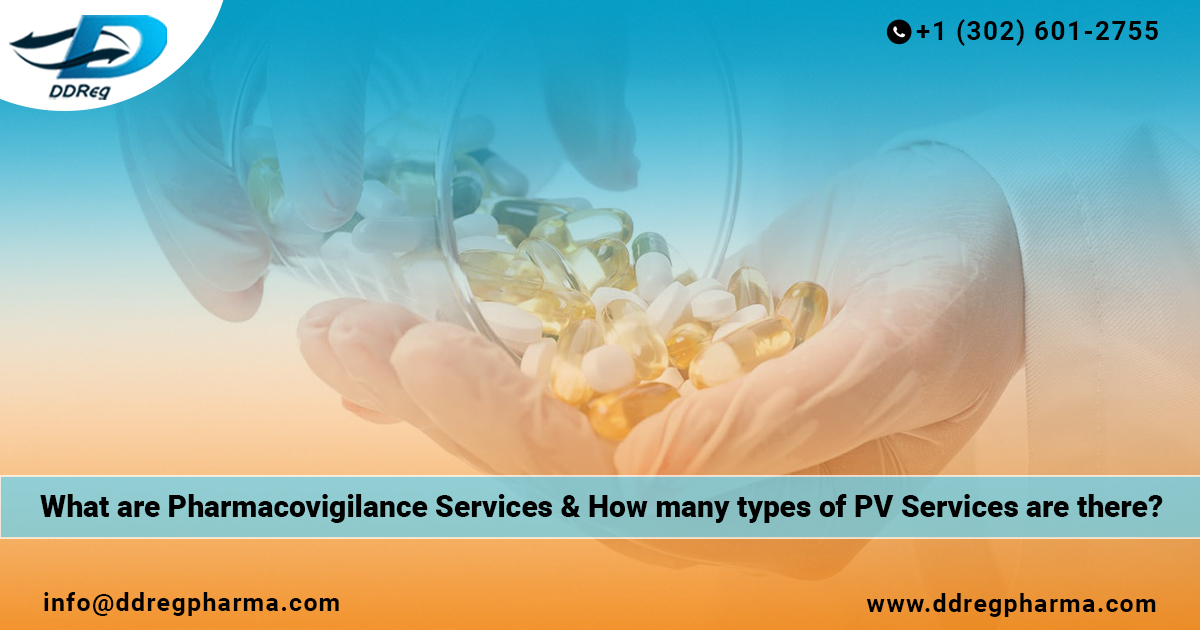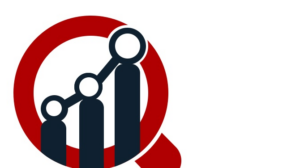Pharmacovigilance (PV) and regulatory services play a crucial role in the healthcare industry, ensuring the safety, efficacy, and regulatory compliance of pharmaceutical products. In the Philippines, these services are governed by the Food and Drug Administration (FDA), which operates under the Department of Health (DOH). The primary objective of PV and regulatory services in the Philippines is to monitor and evaluate the safety profile of medicines and therapeutic products available in the market, ensuring public health and safety.
1. Adverse Drug Reaction Monitoring: The Philippines FDA encourages healthcare professionals, consumers, and pharmaceutical companies to report adverse drug reactions (ADRs). This data is vital for assessing the risk-benefit profile of drugs.
2. Risk Management: Identifying, evaluating, and minimizing the risks associated with pharmaceutical products to ensure patient safety.
3. Post-Marketing Surveillance (PMS): Continuous monitoring of pharmaceutical products’ safety and effectiveness after they have been approved for marketing.
Regulatory Services in Philippines
1. Product Registration: The FDA requires all pharmaceutical products to be registered before they can be marketed in the Philippines. This process involves submitting detailed information about the product, including its composition, manufacturing process, and clinical trial data.
2. Compliance and Enforcement: The FDA conducts inspections and monitoring to ensure pharmaceutical companies comply with regulatory standards and guidelines. This includes Good Manufacturing Practices (GMP), Pharma labeling requirements, and marketing regulations.
3. Policy Development: The FDA is involved in developing policies and guidelines that govern the pharmaceutical industry, ensuring that they are up-to-date with international standards and practices.
Challenges and Opportunities
The pharmaceutical industry in the Philippines faces several challenges, including regulatory hurdles, the need for more streamlined processes, and the need for a more robust PV system to effectively monitor ADRs. However, these challenges also present opportunities for improvement and innovation, such as adopting digital technologies for better data management and analysis in PV activities.
Key Takeaway
Pharmacovigilance and regulatory services are essential components of the healthcare sector in the Philippines, ensuring that pharmaceutical products are safe and effective for the population. While there are challenges, continuous improvement and adherence to international standards can enhance the efficiency and effectiveness of these services. Collaboration among stakeholders, including the government, pharmaceutical companies, healthcare professionals, and the public, is crucial for a robust pharmacovigilance system.












